
Hope for a huge, ancient and imperilled fish
First Nations are leading efforts to make sure lake sturgeon can find a home in...
In his new memoir, A Most Extraordinary Ride, Marc Garneau takes Canadians with him to the House of Commons, Alberta’s oilsands, various far-flung international locales — and, of course, space. While he credits his initial love of nature to a friend from early adulthood, it was his first trip out of this world that really drove home the Earth’s fragility.
“We live on a beautiful planet, but it is not a place of inexhaustible resources and unending resilience — a view that may not be obvious to some Canadians, given the vast, resource-rich country we live in,” the astronaut, who later spent 15 years as a Liberal MP, writes in the book.
“From space, I had seen the damage we are inflicting. I had seen our great forests burning, our soil being washed away through flooding and deforestation and our atmosphere being polluted by vast clouds of smog. Our assault on our planet has been relentless.”
Garneau is the inaugural subject of The Narwhal’s new Moose Questionnaire, which aims to dig into our connection to the natural world. We’re going to ask as many artists, athletes, politicians and cultural personalities as we can, so let us know if you have suggestions.
A Most Extraordinary Ride was released in October by Penguin Random House. This interview is edited and condensed for clarity — all opinions are the subject’s own.
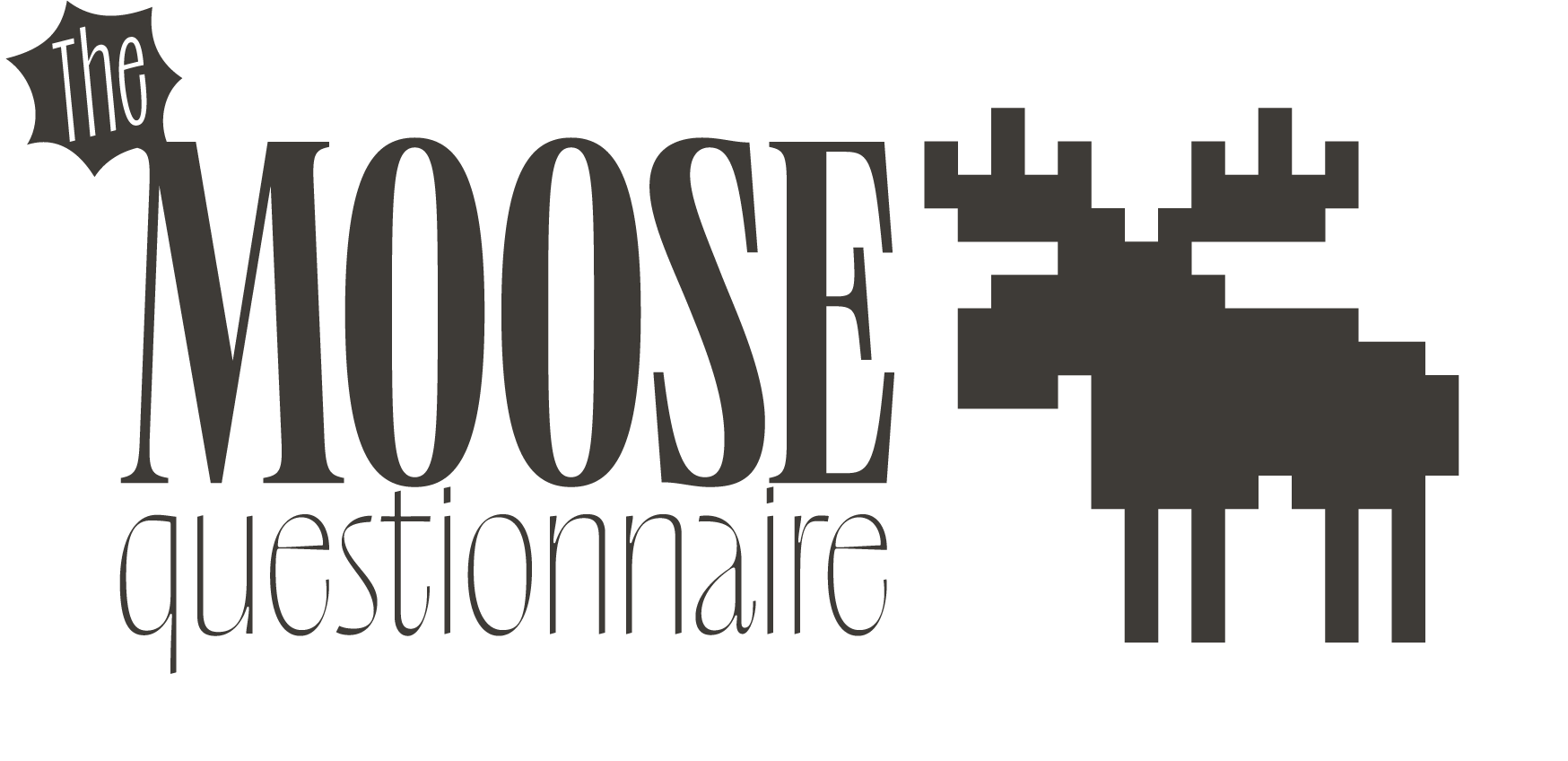
The view of Canada from space on my first flight. I had a rather unique opportunity to fly over Canada, many, many times, from the West Coast to the East Coast. I’d learned in geography [class] that Canada was a big country. I’d seen the maps. But when you actually go over it, you realize just how big it is, how vast it is. It takes you less than a minute to go over certain countries, but it took about 20 minutes to go over Canada.
You first come upon the British Columbian coast and you see Vancouver, or you might come over near Haida Gwaii or the Great Bear Rainforest. And then you start to cross.
Of course, you see the Rocky Mountains, followed by the Prairies. In Manitoba, Lake Winnipeg sticks out — it’s a very big lake. You come into Ontario and Quebec, and you see the Great Lakes, which is a fantastic sight. Then, of course, the whole length of the St. Lawrence River, going all the way out to the gulf and widening out into the Atlantic Ocean. It really is quite spectacular.
The rest of the world from space is also spectacular. Whether it’s the desert in Namibia, whether it’s the Himalayas, whether it’s the turquoise waters of the Caribbean — there are just so many spectacular sights that you see from space. The volcanoes going down the spine of New Zealand, Australia and its very redness. Most awe-inspiring natural sights? Well, I saw them from space.
I’m going to kiss a beluga whale. We have belugas in the [Saguenay–St. Lawrence Marine Park] and then in the Arctic. Marry, it would be a loon, because I go every summer up to cottage country in the Laurentians, and love to listen to the loon. I’ve actually held a loon in my hands, a wounded one.
And kill? Well, I wasn’t too happy with that question, because I don’t like to kill anything, but I chose a wolverine because they’re sort of nasty and a little bit solitary, so they’re less appealing. But I don’t like to kill anything.
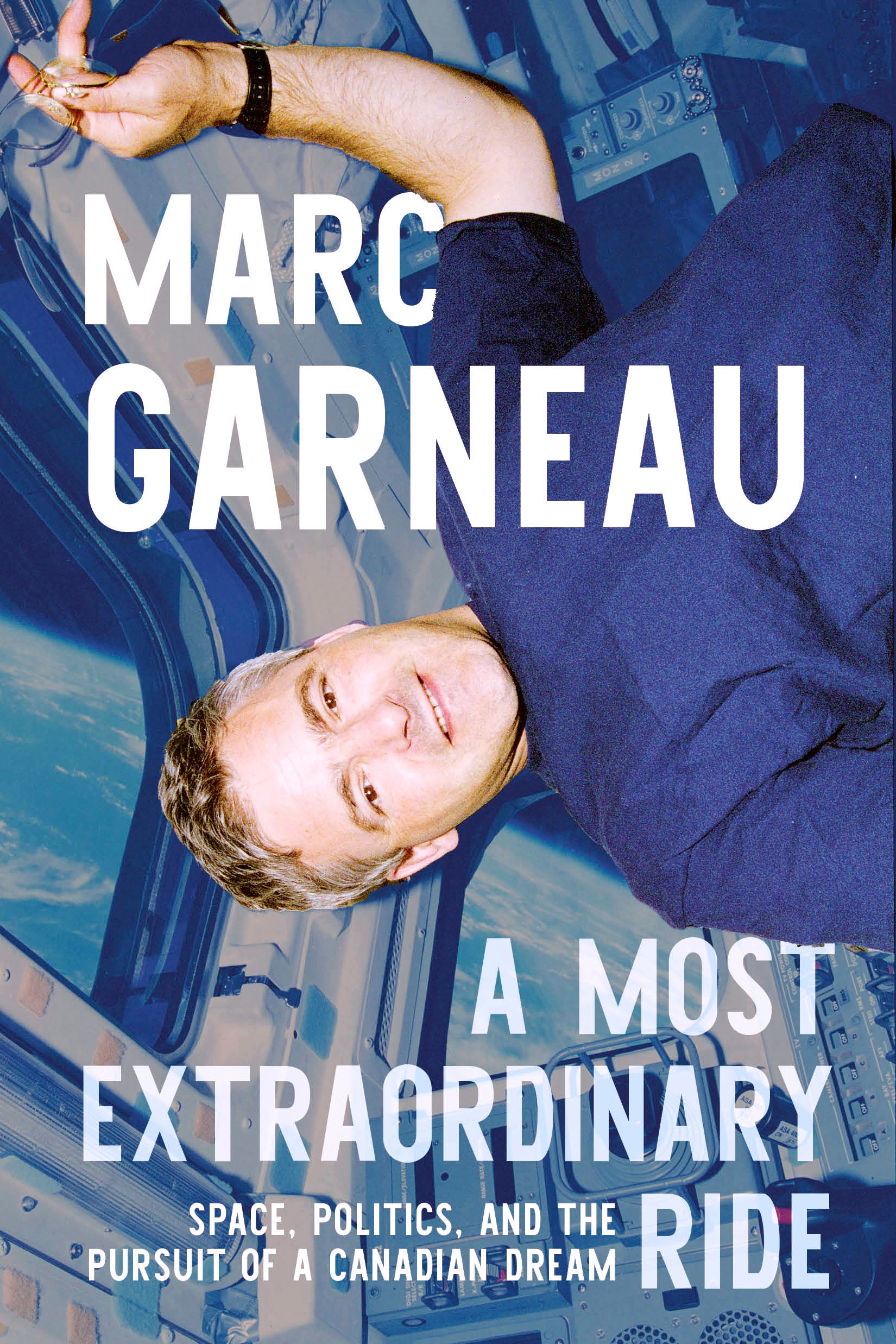
Well, for me, that’s a no brainer. It’s David Suzuki, because of everything he’s done over the years, [including] The Nature of Things. When I was president of the Canadian Space Agency, I got to know him a little bit, because he was briefly on my board. A very, very fervent and strong spokesman for the importance of the environment.
I look at the biggest polluters and certainly China comes up. So I’ll say Xi Jinping, who is the head of the People’s Republic of China. There are still far too many coal factories and coal-generating stations being built in China. And I flew over China, and my last flight was 20 years ago, but it was a very, very polluted country.
Well, another tough call. I’m going to say no, because unfortunately, they kill a lot of song birds.
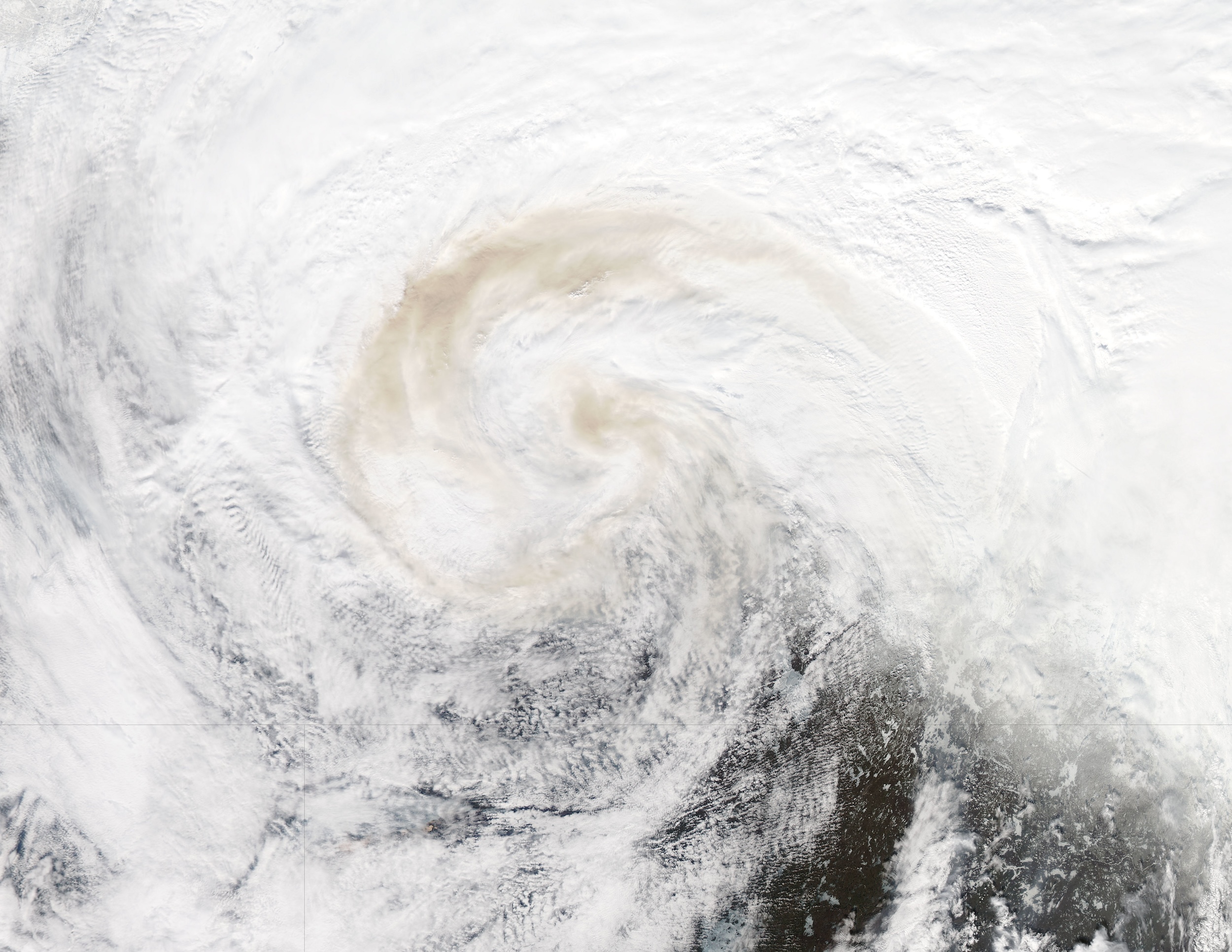
About the environment, after flying in space. It was a wake-up call for me, and I speak about it every time I speak to the public. I had this unique perspective of seeing that very, very thin layer called the atmosphere that surrounds us and that belongs to all of us, because it moves continuously. And of seeing the oceans which of course, belong to all of us as well. And I saw too many cases of human activity that were damaging the planet.
On my first flight, for example, the Brazilian government had decided to clear some of the rainforest for agricultural land, and so they had lit it on fire. This was in 1984 and there was a million square kilometres of smoke above Amazonia, which virtually obliterated our view of the Amazon forest. I’ve seen where deforestation has led to soil erosion, it washes the soil into the river, and you can see it from space. It’s quite dramatic to see all the soil sediment in the rivers.
I saw large palls of smog over California, over China, over the Mediterranean, even over some of the Great Lakes primarily because of the Ohio Valley and all the coal-fired generating stations.
Earth is a beautiful — breathtakingly beautiful — planet, but you do see that we, the eight billion of us on the planet, are damaging it, sometimes deliberately and sometimes unwittingly. And we have no other option. There’s no plan B, and so we need to take care of it. That was kind of a rude wake-up call for me and I paid more and more attention to it on my second and third flights.
Whenever I speak to people, whether it’s children or the general public, I talk about my experience and what I saw from space. I show slides and I try to tell people what I just said to you, which is: we need to take care of our planet.
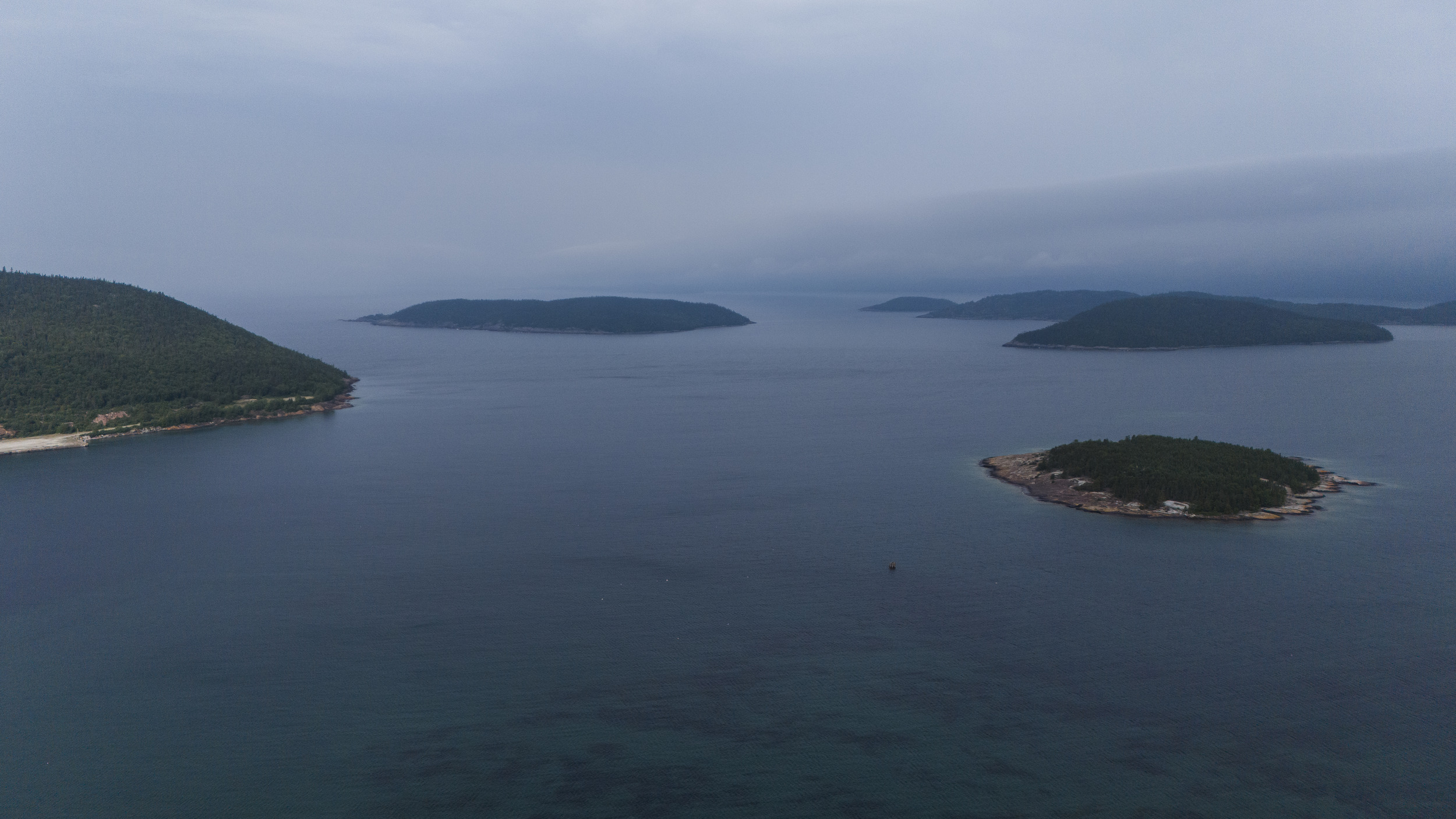
Another toughie, but my first love in life was the Navy. I joined the Navy. Why? Because I love the sea. And so I love vast inland freshwater seas, which you could almost say about Lake Superior, Lake Michigan, Lake Huron — and so I love the Great Lakes.
Two reasons. I think women worry more about the future, as I wish some men would. And secondly, because I think they actually understand the issue better than men. I’ll get in trouble for saying that, but I’m saying it anyway.
I’ve dipped my toes in all three, but I’m going to say the Atlantic Ocean near Chester, N.S., because I joined the Navy in Nova Scotia, way, way back a long time ago, and I used to spend my summers on the Bay of Fundy. So it has to be the Atlantic Ocean.
My children’s artwork, which goes all the way back to my oldest children. My wife recently, as a birthday present for me, had it assembled into a wonderful art collage and framed and it’s hanging on a wall in our house. It’s got not only their pictures, but also some of their little letters that they wrote to Daddy. And it’s just a beautiful thing.
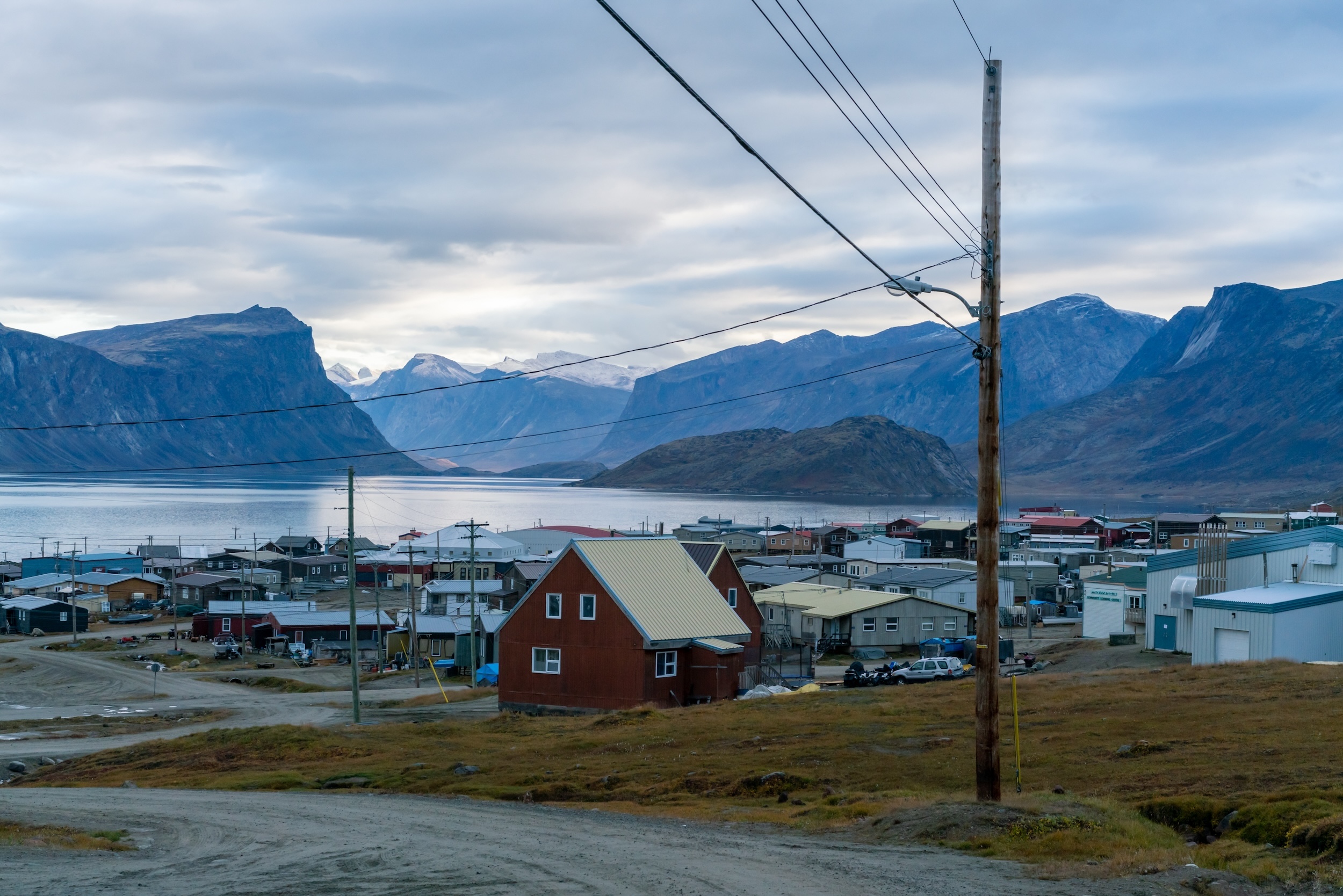
On Earth, I’ve been as high as Pangnirtung, in Nunavut. And the reason for it was to go visit there and talk about space, to the people living in Pangnirtung. I also had the opportunity to hike across the Arctic Circle.
Going for a walk. I live in Montreal, but there are parks in my riding, quite a few, and I go for a walk for at least an hour every day. And so I see lots of lots of nature, and I see the changing of the seasons, and that’s my main way at the moment of keeping in touch with the natural world.
Plus my wife is a very good gardener, so we have lots of birds in our backyard and other little critters.
Donald Trump? Because I don’t think he’d have much to say, but I’d like to hear it from him.
So I love both, but I’m a Quebecer, so I have to say maple syrup.
A student called John Walton, who I was at university with. I was doing my PhD. This was in London, England, and I was at Imperial College. And when you’ve been in the big city like London for most of the year, you need to get out. John was a friend of mine, and we went hiking and camping in the Lake District, northern England, and in an area called Snowdonia, in Wales. We spent days out there walking over all the hills. I’ve climbed every hill over 3,000 feet [914 metres]. He sort of sensitized me to that. And it was a welcome tonic.
I’d like to have an impact on Donald Trump, once again. I would suspect his total knowledge of nature is probably what he sees on golf courses, but not much more.
I think Beckham’s cottage. I do love soccer, and I’ve been to the Muskoka area, and I love it.
Yes, for sure. I did it for years with my family, and when my kids were growing up. I love camping.
If you can think of an artist, athlete, politician or other interesting person whose Moose Questionnaire answers you’d like to know, send us a note: editor@thenarwhal.ca.
Get the inside scoop on The Narwhal’s environment and climate reporting by signing up for our free newsletter. Angello Johnson’s shoulders burn, and his arms...
Continue reading
First Nations are leading efforts to make sure lake sturgeon can find a home in...

We’re excited to share that an investigation by The Narwhal is a finalist for the...

A new documentary, Nechako: It Will Be a Big River Again, dives into how two...
